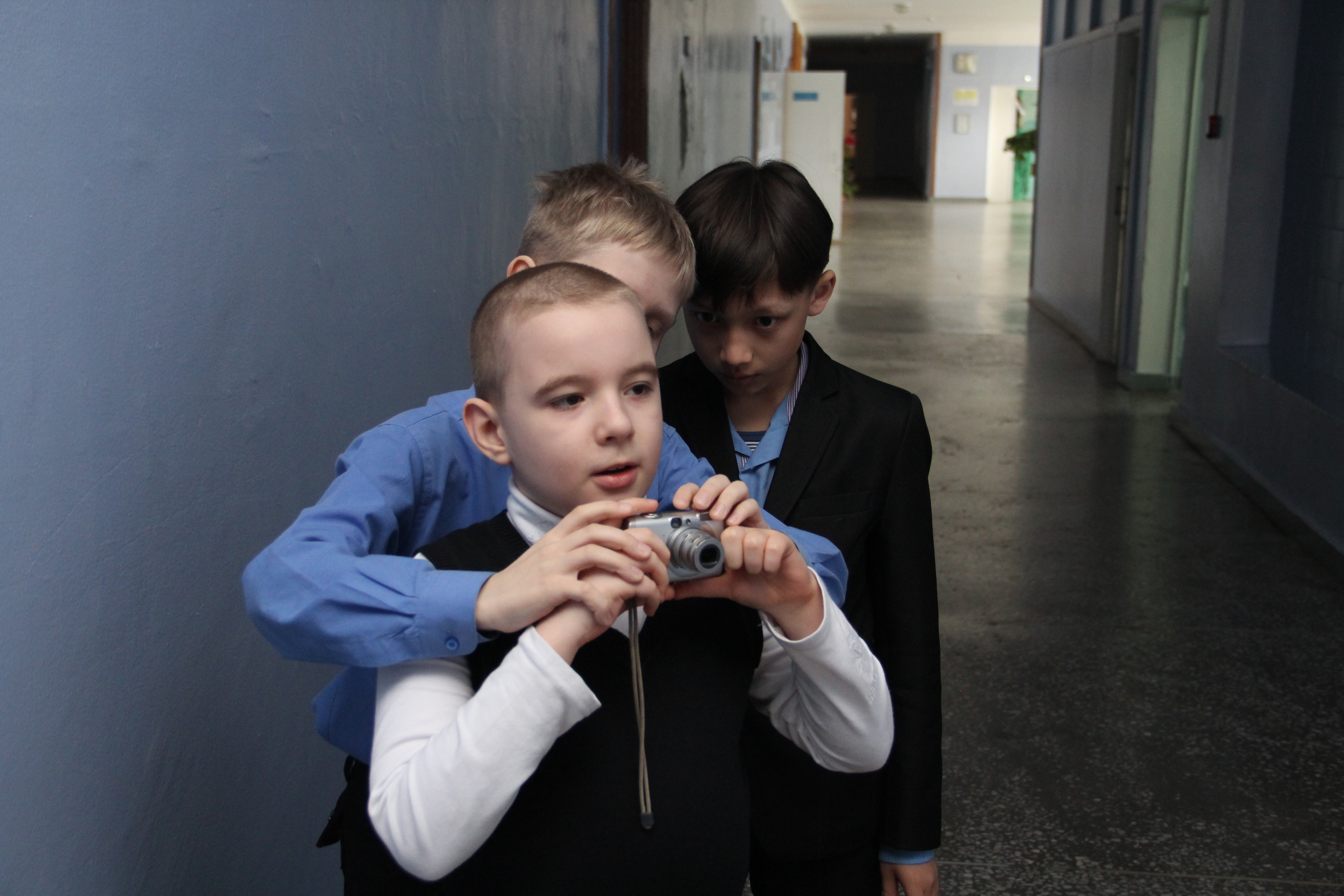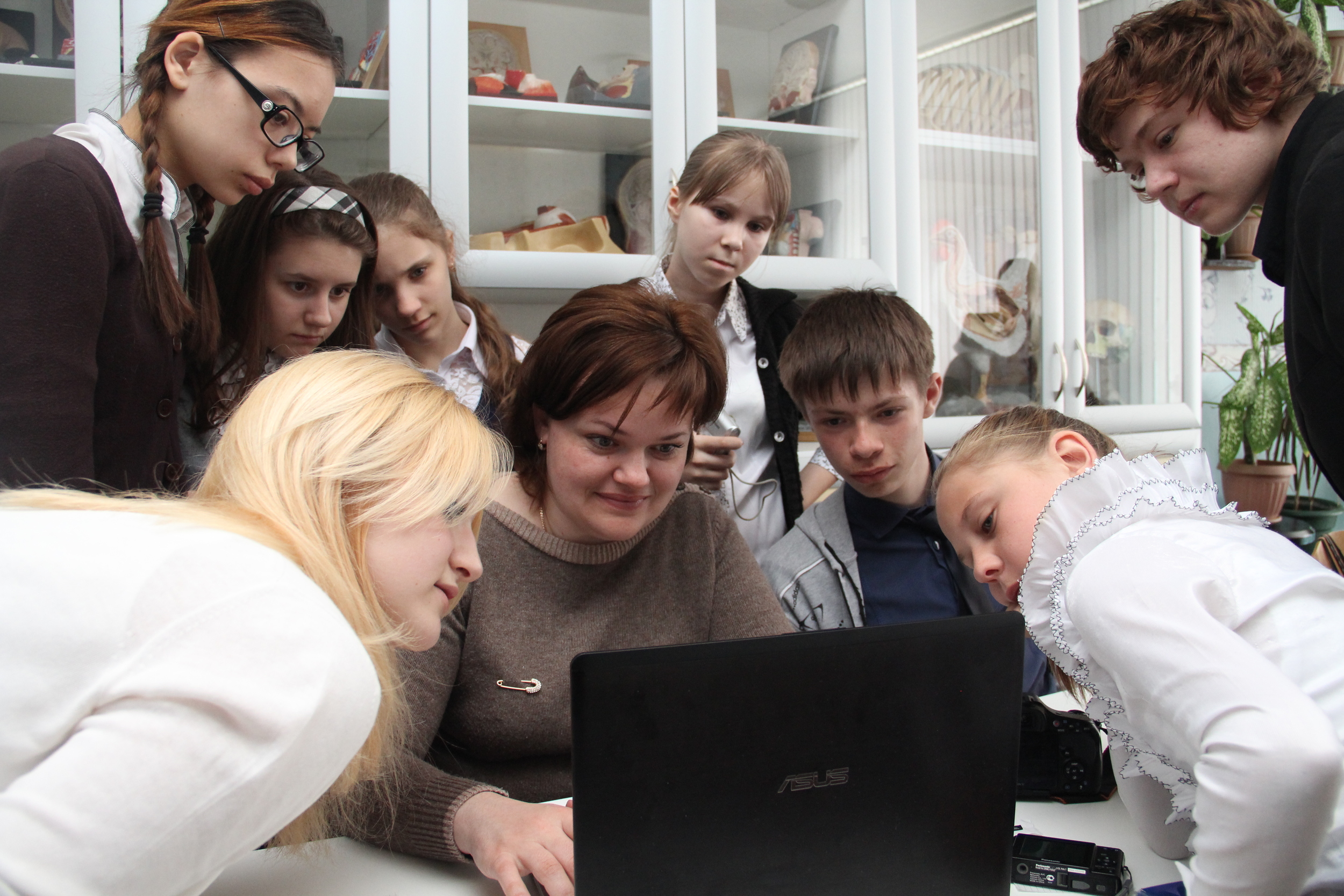School-gymnasium №4, named after L.N.Tolstoy in Stepnogorsk, Akmola region, uses the YRE methodology within the work of the Youth Press Club, which is an elective course a lot of students find interesting and choose to follow.
Students work as reporters, photo-correspondents, editors and website managers to help develop the school newspaper and provide content for the school website and social networks. They often report on local environmental issues, or environmental projects and events that are held at their school and the city.

















